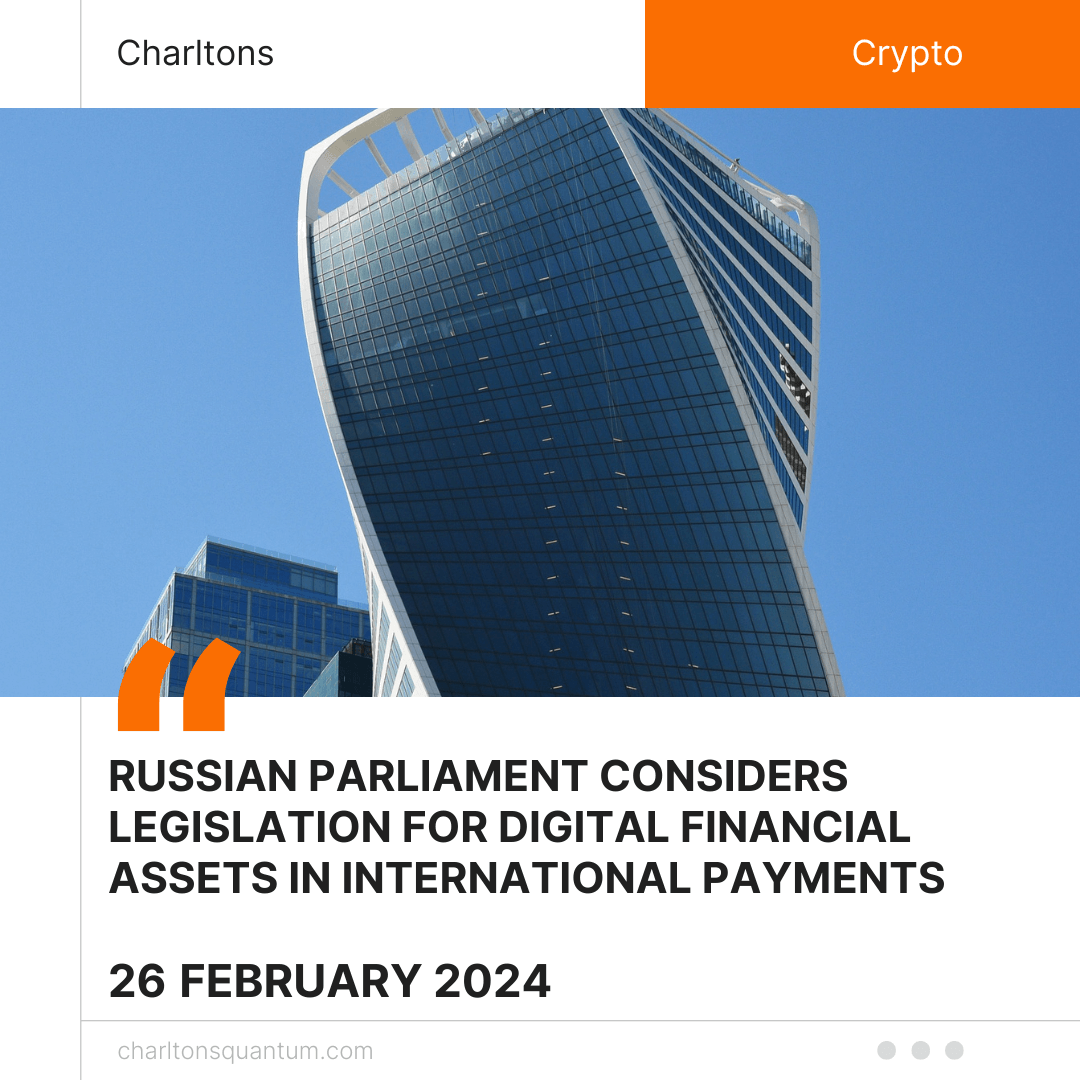
Russian parliament members are poised to potentially approve legislation allowing firms in the nation to utilize “digital financial assets” in international payments. The proposed law, excluding cryptocurrencies but encompassing digital assets like the digital ruble and regulated stablecoins, aims to facilitate foreign trade transactions and contracts between Russian residents and non-residents.
The State Duma Committee on the Financial Markets has greenlit amendments to the draft law, signaling progress toward its potential enactment. However, there remain concerns about technological barriers and the exclusion of cryptocurrencies like Bitcoin from the legislation, which experts argue could limit its effectiveness in addressing issues related to international payments.
Despite potential limitations, proponents of the bill see it as a means to mitigate the impact of Western sanctions on the Russian economy. As geopolitical tensions persist, Russia seeks to bolster its financial resilience through initiatives like the digital ruble project and closer alignment with key allies such as Belarus and Kazakhstan in CBDC development.
While the proposed legislation represents a step toward modernizing Russia’s financial infrastructure, it remains to be seen how effectively it can address the challenges of international payments in the digital age. As the global landscape evolves, policymakers must navigate complex technological and geopolitical dynamics to ensure the efficacy and inclusivity of regulatory frameworks governing digital assets.





